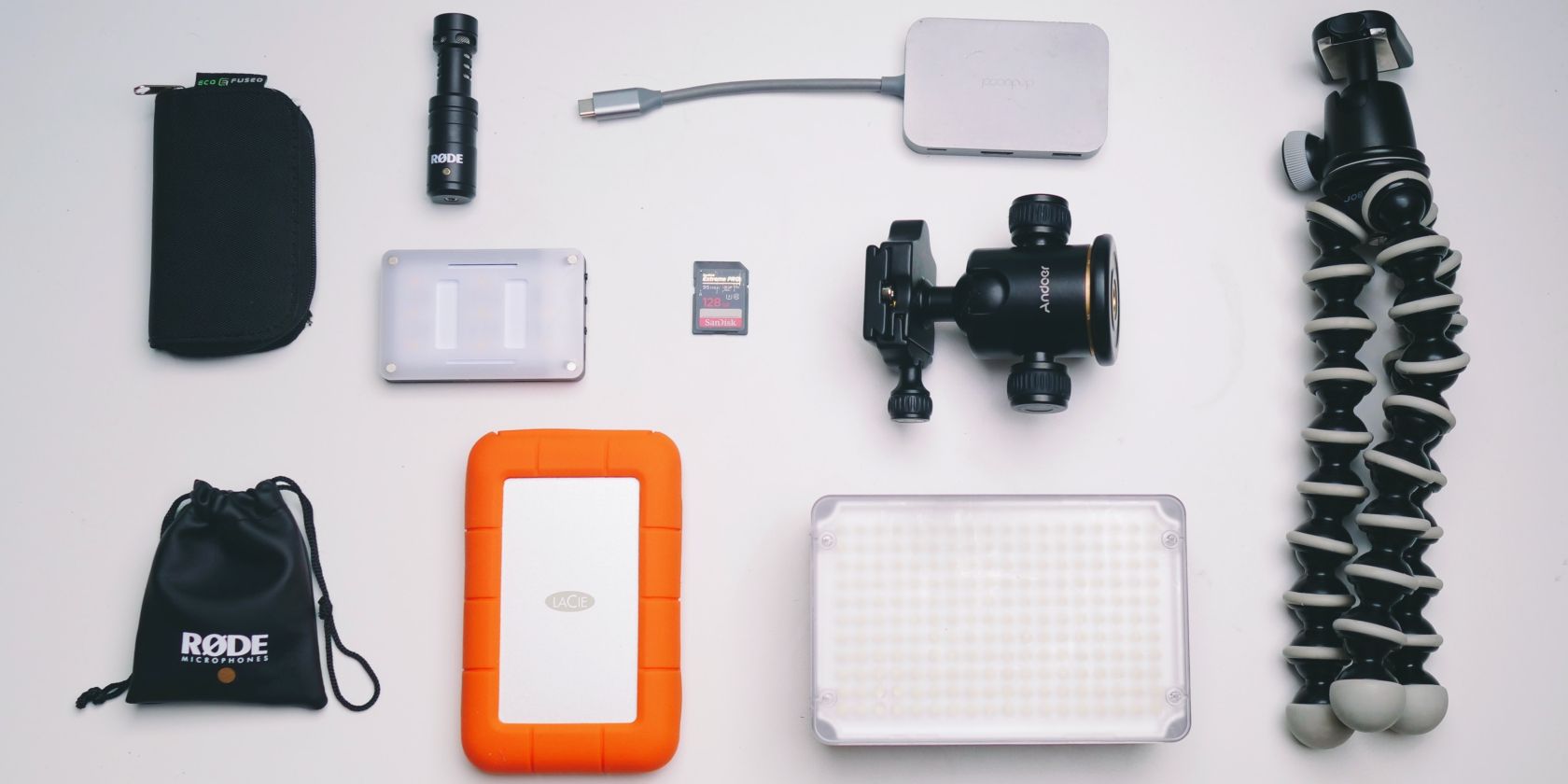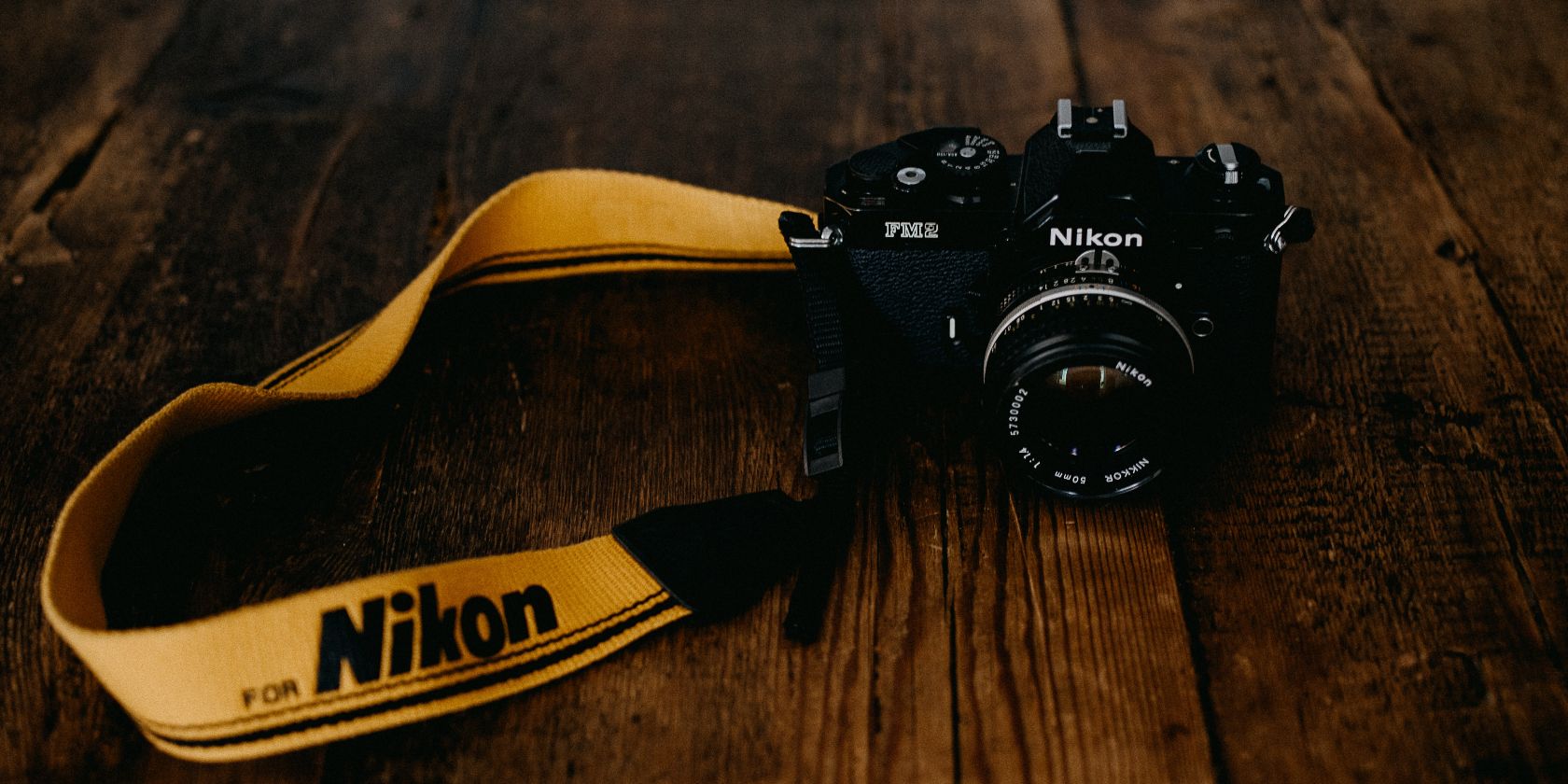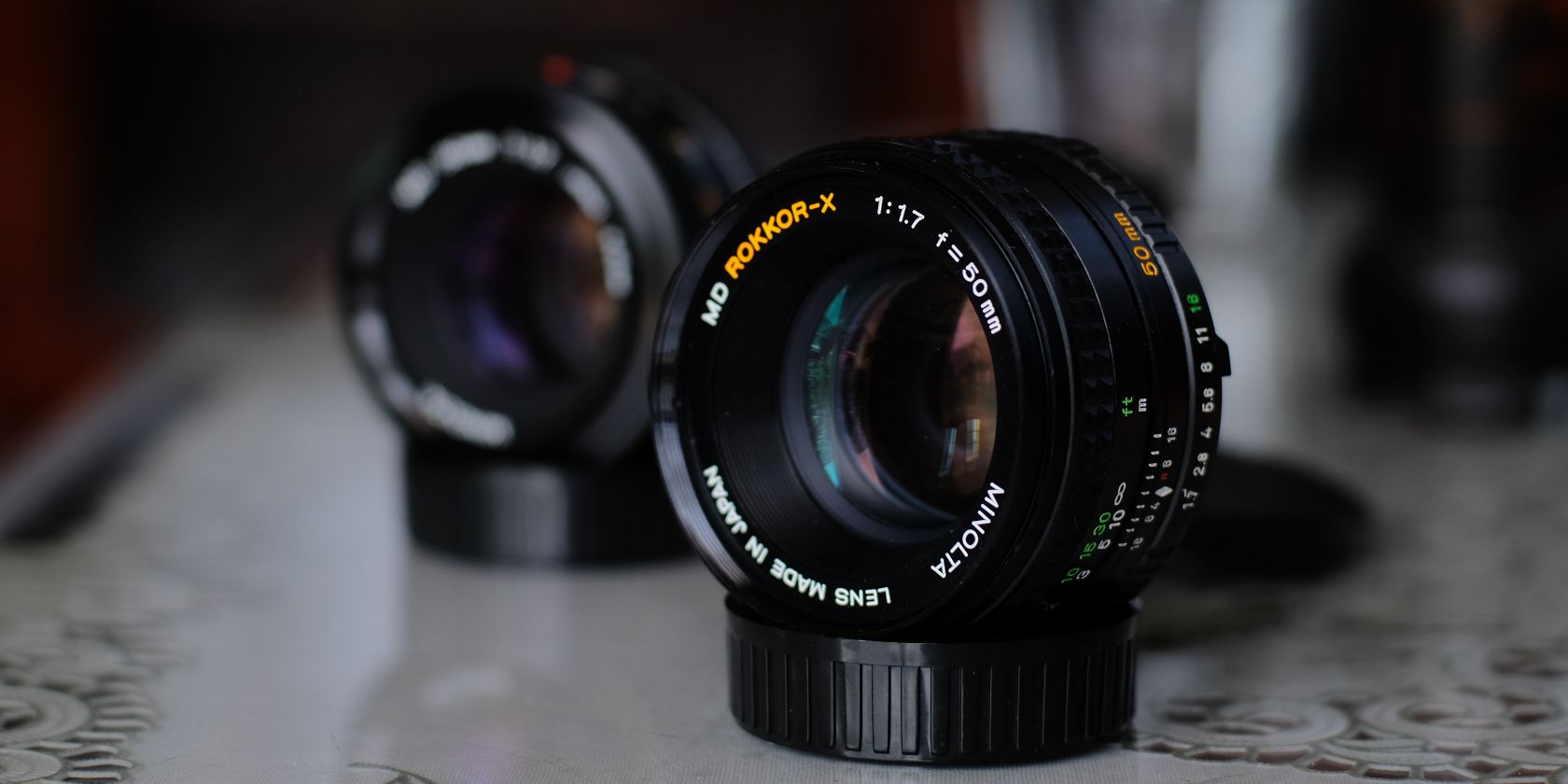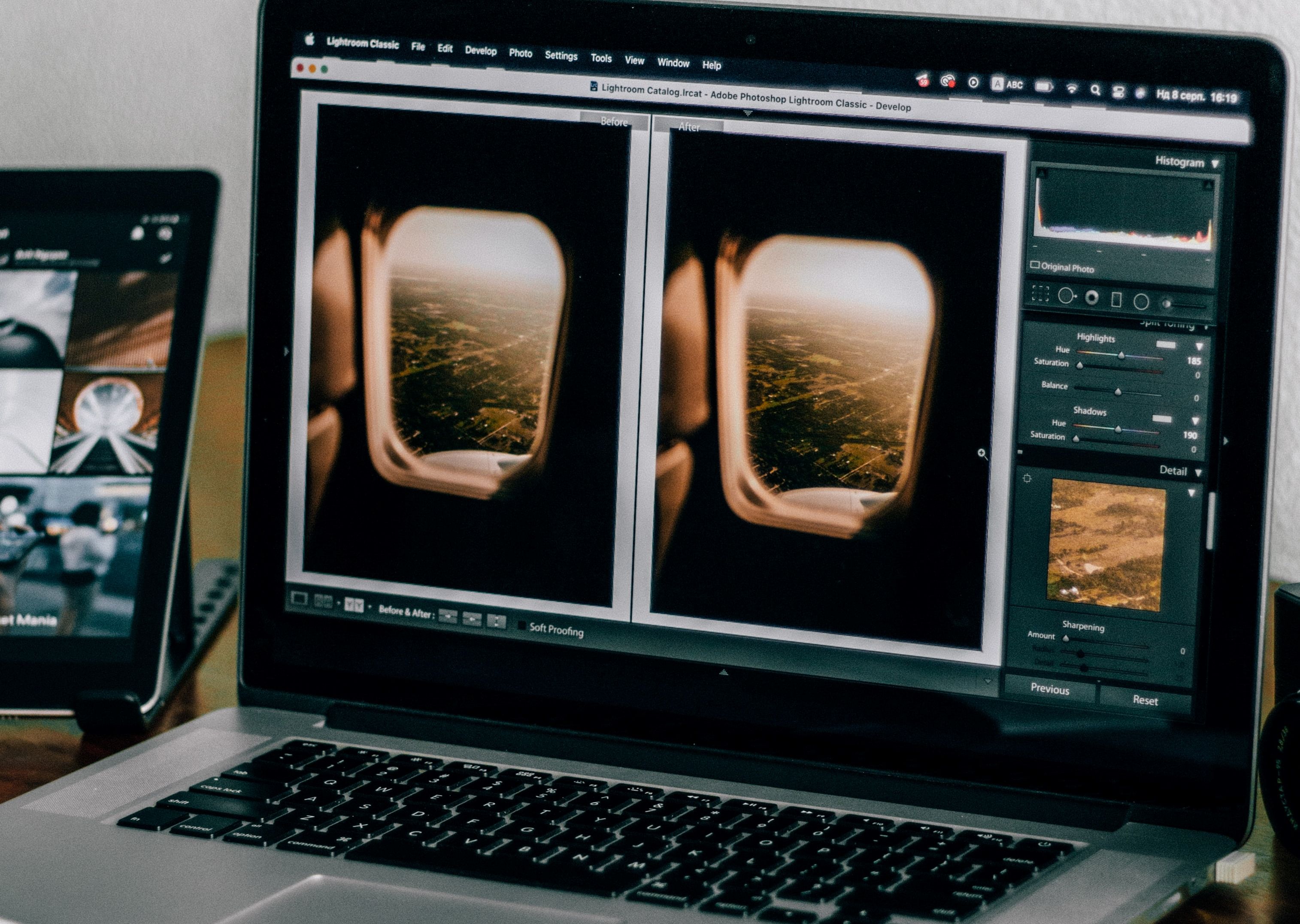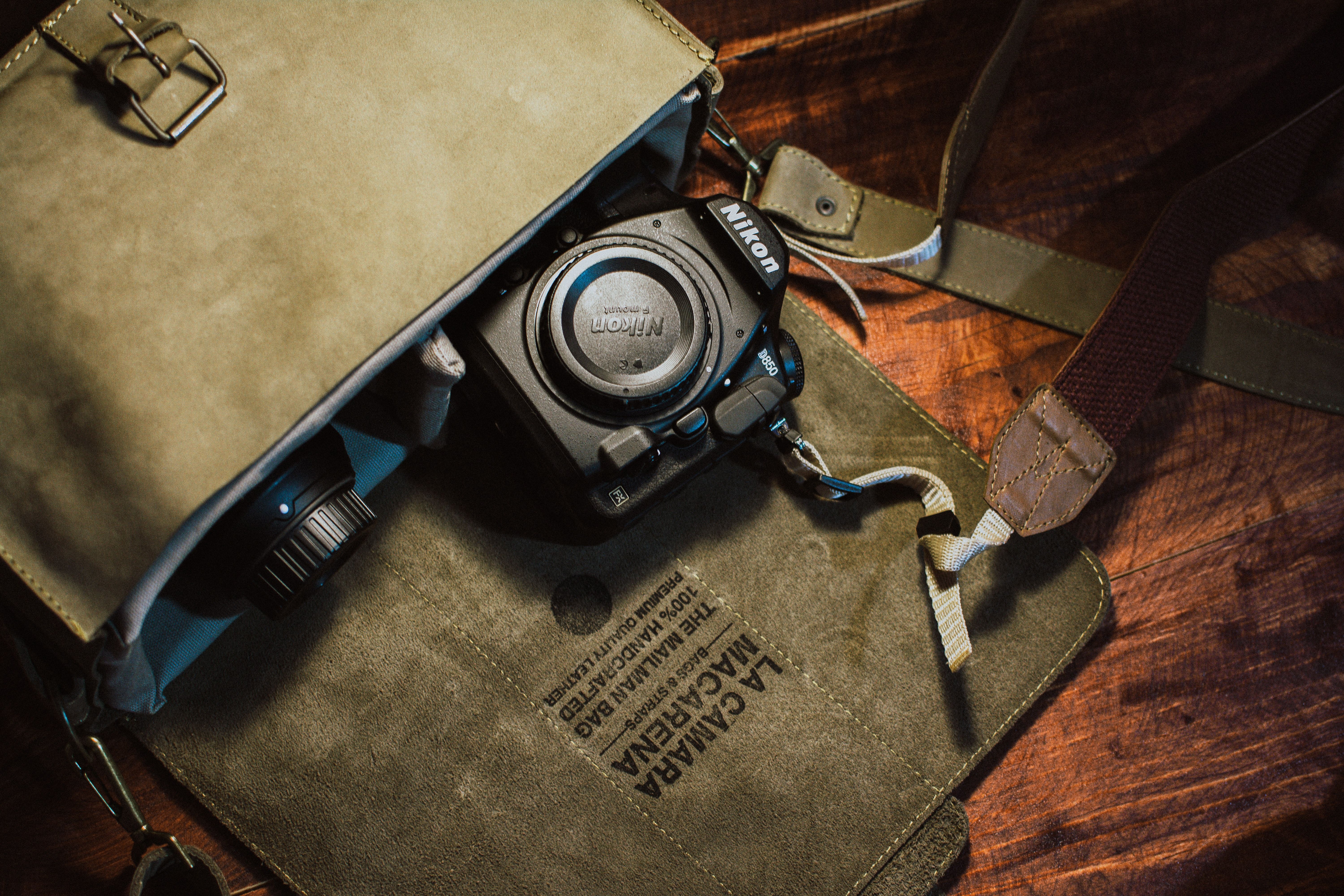As you take more photos, you'll naturally become better at your craft. And once you improve, your passion for photography will likely deepen even further. This will involve a bigger investment in yourself than might have been the case as a beginner.
Whether you want to keep doing photography as a hobby or start your own business, you can improve your craft even further as an intermediate by purchasing several pieces of equipment and professional software. Below, you'll find eight of the most important things you should consider investing in.
1. A Computer With a Fast Processor
If you've been doing photography for a lengthy period, you'll know all too well that picture files tend to be quite large—and working with them on a computer will often require your device to work harder. If you've got an older computer, you'll probably find yourself cursing the screen every time it freezes.
When you've passed the beginner phase, investing in a computer that can handle your workload is a good idea. Try to look for one with a fast enough processor, and check out YouTube for reviews from other creators before purchasing.
Buying a better computer will likely cost a lot, especially if you're going for something like a MacBook Pro. You can find alternative ways to save money on your purchase, though, such as using Apple's Student Discount.
2. A Non-Beginner Camera Body
Let's say that you're using the same camera as when you started, but you've felt like upgrading for a while. Since you've passed the beginner stage, now is probably a good time to finally make that purchase.
If you've been taking photos for a few years, you'll almost certainly have a better idea of what you do and don't like. As a result, picking a new camera that meets your needs better is much easier—and you'll make a smarter decision.
Now is an excellent time to think about whether you'd like to stick with a DSLR or change to a mirrorless—or vice versa. It's also worth considering whether you'd like to use a different manufacturer's equipment.
3. New Lenses That Suit Your Style
Tying in with the point above, this is the perfect time to purchase new lenses if you've been taking photos for a while. Kit lenses are acceptable for the early stages of photography, but they probably won't serve you well when you're comfortable taking pictures and know what you want to shoot.
Once you've moved into the intermediate photographer stage, it's a good idea to invest in a couple more suitable lenses for your photography style. Again, you'll need to do some additional research; if you can, try to rent the lens you're thinking of buying for a few days.
After purchasing your new lens, you might need some time to get used to the focal length and that sort of thing. Try to get out and snap as much as possible in the first month or so; it'll become second nature soon after.
4. A Tablet
Once you become an intermediate photographer, you'll likely start to think more about your entire process beyond walking out your door and pointing your camera at things. Things like workflow will become more important to you; in this respect, technology can help significantly.
Buying a tablet is an excellent way to simplify your tasks. You can use these devices to edit on the go and keep track of client projects. They're also helpful if you want a bigger screen to learn new skills.
If you buy a tablet to help with your photography workflow, try to use it only for this. Doing so will help set healthy boundaries and stop you from getting distracted while using it.
5. External Hard Drives
If you've taken pictures with a camera, you'll know how much space files can take up—especially if you're shooting in RAW. Computers only have so much storage space, and it's likely that this won't be enough for you to keep all your images on there. Instead, you're much better off investing in an external hard drive.
Hard drives aren't too expensive; try to get one that can hold at least one terabyte.
6. Additional Memory Cards and Batteries
Long days when you do little other than take photos are a lot of fun, but they can take a toll on your battery and memory card. Camera batteries tend to be quite good these days, but without a charger at the very least, you're limited in how many pictures you take. Similarly, taking only one memory card probably isn't the best idea.
If you've decided that you'd like to take your photography more seriously, buying extra memory cards and batteries is a wise investment. When purchasing batteries, it's better to get those that are made by your manufacturer rather than a third party, since they'll often be of higher quality.
As for memory cards, try to ensure that all of yours have at least 64GB of storage.
7. Photo Editing Software
In your early days as a photographer, it can be tempting to think that using editing software is cheating. Alternatively, you might think you're undermining your abilities by going through the post-production process.
Both are false.
When you take photos, it's important to remember that the camera doesn't always see the same things as you do. Using editing software can help you bring your image to life and develop a unique style to stand out.
With editing software, you've got a couple of options. Adobe Lightroom is popular, but don't discount Capture One or Adobe Photoshop.
8. A Camera Bag
Camera equipment is pretty durable these days, but that doesn't mean you shouldn't take care of it. If you've been throwing your gear into your regular backpack for now, you might want to consider purchasing a camera bag.
Using a camera bag will ensure that your equipment stays protected by splitting everything into individual compartments. Moreover, you'll stop moisture from getting in if it's rainy—which is critical if you plan on shooting in adverse weather.
When buying a camera bag, investing in something that's higher-quality is a good idea. Yes, you'll pay more upfront—but it'll last a lot longer in the long run and actually cost you less than needing to replace it regularly.
Improving Your Photography Requires Investing in Yourself
Moving away from the beginner phase of photography is a lot of fun, though it can sometimes feel like you're mourning a loss. Becoming an intermediate photographer has a broad range of responsibilities, and if you want to continue progressing, it's a good idea to invest in yourself.
This guide will help move you in the right direction. Think about your goals and personal style before making your purchases.

